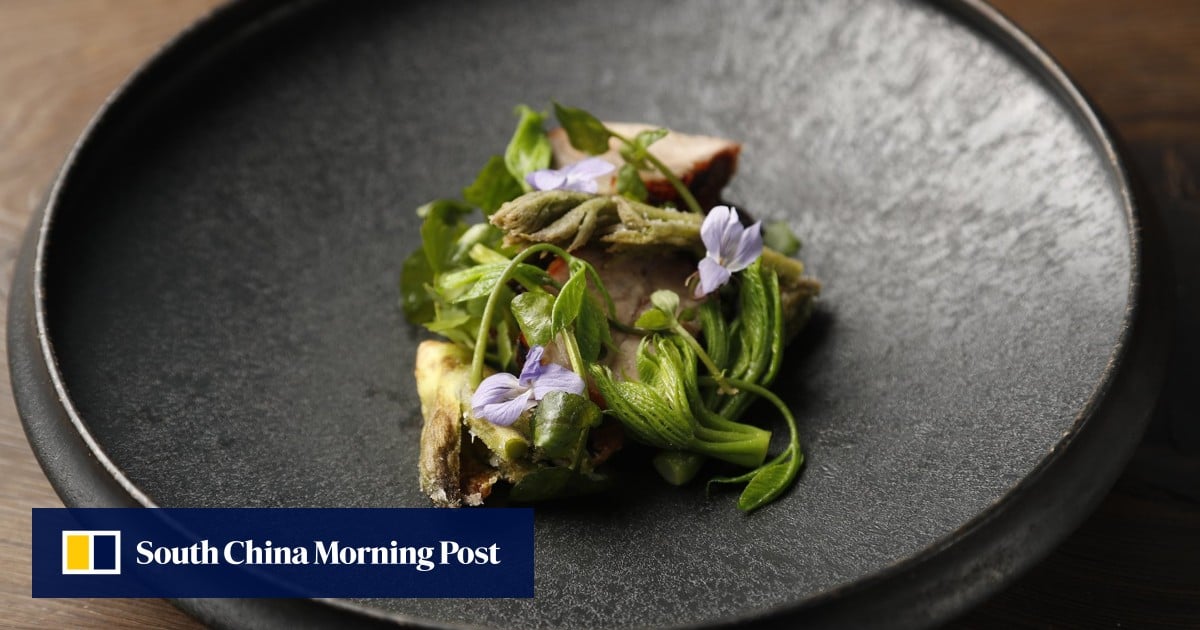Australia, the ‘allergy capital of the world,’ has launched a world-first free nationwide treatment program for children with peanut allergies. The goal is to safely build tolerance to the troublesome nut so that kids don’t need to worry about the possibility of a life-threatening reaction.
Oral immunotherapy treatment, OIT, has emerged as an option for treating food allergies in children. It involves gradually increasing a child’s daily intake of the allergy-causing food under medical supervision until a target maintenance dose is reached. That dose is then consumed daily at home as a treatment for a prolonged period. The goal is desensitization to the allergen or, in the best-case scenario, so-called ‘sustained unresponsiveness’ or remission.
Importantly, OIT isn’t a cure; rather, it’s designed to help the child’s body get used to food that would ordinarily cause an allergic reaction. While some food allergies are outgrown by the age of 12 months, others – peanut, tree nut, sesame and crustacean allergies, particularly – tend to be lifelong as they’re less likely to resolve naturally. It makes the announcement that Australian babies are being offered access to the world’s first peanut OIT program even more important.
“Oral immunotherapy is being implemented around the world using different approaches, making it difficult to assess the results, including the long-term outcomes for children, their families and the health system,” said Professor Kirsten Perrett, director of the National Allergy Center of Excellence (NACE), leader of the Murdoch Children’s Research Institute (MCRI) Population Allergy Group, and the head of the ADAPT OIT Program.
Why was Australia chosen as the setting for this program? Well, the country has been given the unenviable title of ‘allergy capital of the world’. An estimated one in 10 Australian children develops a food allergy in their first year of life, while around six in 100 have a food allergy at age 10. However, Australian children aren’t alone; there’s been a rise in food allergies worldwide. The cause of the rise isn’t known for sure. Possible contributors include changes in the diets of mothers and infants and increased sanitization that reduces exposure to ‘good’ bacteria and, therefore, doesn’t allow the immune system to develop immunity. In Australia, particularly, increasing vitamin D insufficiency has been associated with food allergies in kids.
NACE has partnered with 10 pediatric hospitals across five Australian states to initiate the first rollout of the ADAPT OIT program. The program aims to use OIT to safely build children’s tolerance to peanuts and, hopefully, achieve remission instead of requiring them to strictly avoid the problematic food. If it’s successful, the program will likely be expanded to more hospitals and private clinics.
The Federal Government-funded ADAPT OIT Program is available free to children under one who’ve been diagnosed with peanut allergy and are receiving care from an allergy specialist at one of the participating hospitals. Over a two-year period, they’ll follow a carefully planned daily dosing schedule of peanut powder taken at home, coupled with regular visits to a hospital allergy clinic

Although peanut OIT has been shown to be safe, while they’re on the program, children are prescribed an action plan to deal with anaphylaxis – a severe, life-threatening allergic reaction – and given an adrenaline (epinephrine) injector. And parents are given a comprehensive education pack and have access to an on-call allergy specialist at their hospital.
“Under this Australia-wide model, a food allergy test at the end of the treatment will help determine if remission was achieved,” Perrett said. “These children will then be followed in routine clinical care for at least 12 months to help us evaluate the acceptability, safety and effectiveness, quality of life and long-term outcomes. Ultimately, we want to change the trajectory of allergic disease in Australia so that more children can go to school without the risk of a life-threatening peanut reaction.”
Parents enrolling their children in the program should remember that OIT won’t cure a peanut allergy, may not be right for everyone, and requires a long-term commitment.
“OIT treatment takes time, and this program requires a long-term commitment from families to give their child daily doses of peanut powder at home along with regular visits to their hospital allergy clinic,” said Dr Tim Brettig, a pediatric allergist and immunologist and the ADAPT OIT Program’s medical lead. “It is important to remember, OIT is not a cure, but by following treatment it may improve the chance of being able to safely eat a specific food allergen, such as peanut.”
Australian parents who suspect their child has a peanut allergy should first visit their GP, who may refer the child to an allergy specialist at one of the ADAPT OIT Program’s participating hospitals. Then, once the allergy has been confirmed and the child is eligible, they can be introduced to the treatment program.
Source: NACE






